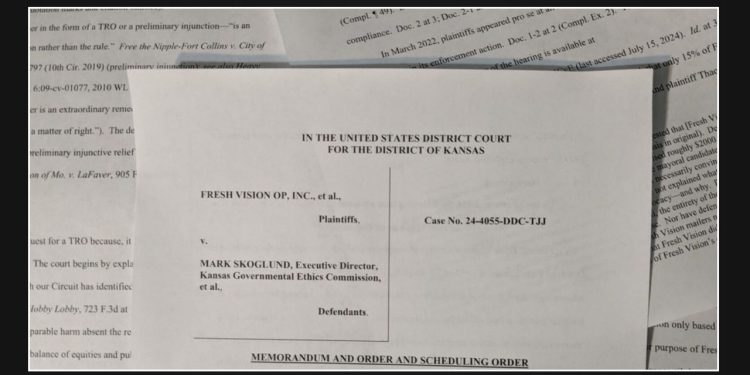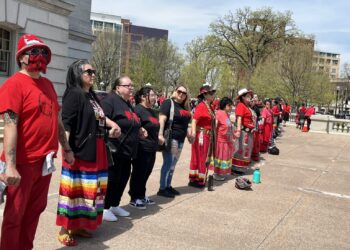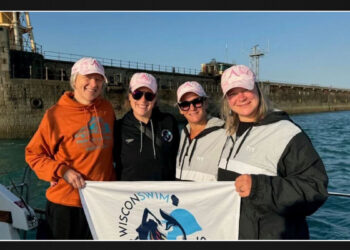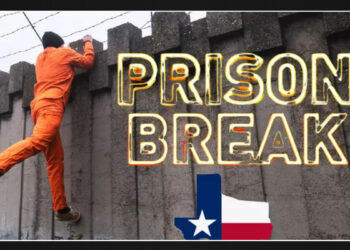A temporary restraining order has been granted by a federal judge in favor of a nonprofit organization based in Overland Park. The order prohibits the Kansas Governmental Ethics Commission from enforcing a campaign finance law until a trial is held to determine the constitutionality of the state’s definition of a political action committee.
On Wednesday, U.S. District Court Judge Daniel Crabtree granted an order in favor of Fresh Vision OP. The organization had violated the state commission’s rules in 2021 by sending a mailer backing Faris Farassati, an Overland Park City Council member who was running for mayor. Fresh Vision OP had posted similar content on its website. Additionally, the organization had expressed its opposition towards the use of “tax giveaways,” incentives for economic development, and tolling on U.S. 69.
Attorneys from Fresh Vision OP, along with lawyers from the Institute for Free Speech, have taken legal action to challenge the state’s interpretation of a PAC. The lawsuit argues that the current law could potentially categorize groups like Fresh Vision OP, which primarily work for the benefit of a local community but also endorse political candidates on occasion, as a PAC. The objective of the lawsuit is to safeguard the free speech rights of Fresh Vision OP and other similar organizations.
Fresh Vision OP can now continue its community advocacy activities without being regulated as a PAC, thanks to Crabtree’s temporary restraining order.
According to the judge, the state’s definition of a PAC is likely in violation of the U.S. Supreme Court’s decision in Buckley v. Valeo. The ruling stated that an organization must have express advocacy as its “major purpose” to be considered a PAC. The judge’s order indicated that the statute in question applied PAC requirements without first determining whether the organization’s express advocacy was “a singular major purpose” or the major purpose.
In the order, Crabtree stated that upon careful examination of the statutory scheme and the arguments presented by both parties, a narrowed temporary restraining order is granted.
The court has scheduled a hearing for the plaintiffs’ request for a preliminary injunction and a trial on the merits of the case in September.
Charles Miller, an attorney with the Institute for Free Speech, stated that the court upheld the existing precedent that prohibits imposing burdensome political committee requirements on groups that engage in occasional express advocacy. Miller argued that such requirements could impede and even penalize protected political speech, which is a cause for concern.
James Muir and Chengny Thao, both former officers of Fresh Vision OP, have filed a lawsuit seeking to prevent the state Governmental Ethics Commission from enforcing certain laws and regulations that they claim infringe upon their First Amendment right to free speech.
Fresh Vision OP was involved in public activism and education, with a focus on promoting wholesome neighborhoods, local small business growth, public safety, and responsible land development. In fact, the organization went so far as to endorse Farassati’s mayoral candidacy on their website and in a mailer back in July of this year.
Fresh Vision OP was informed by the state ethics commission that their endorsements were considered as a form of political action committee operation. Consequently, the organization was required to register in the state.
Fresh Vision OP received a letter warning them about potential civil fines and criminal penalties for their non-compliance with the state’s campaign finance law. As a result, they chose to halt their operations to avoid being categorized as a political committee and to keep their donors’ identities confidential.




